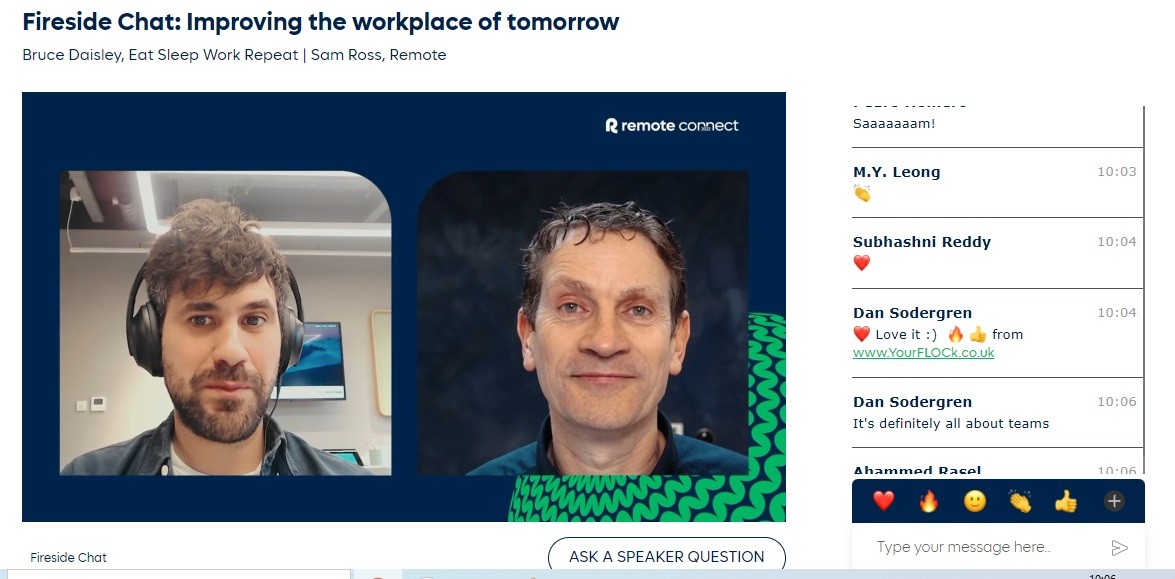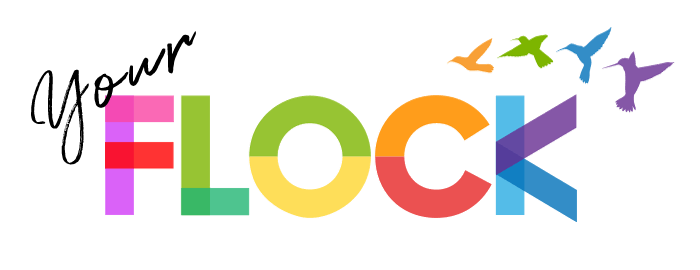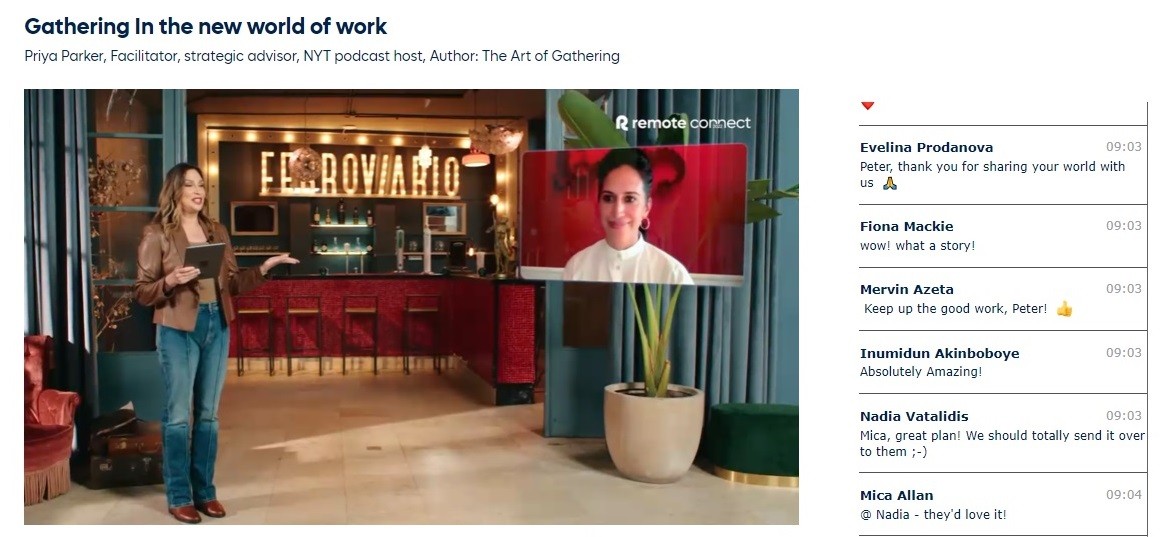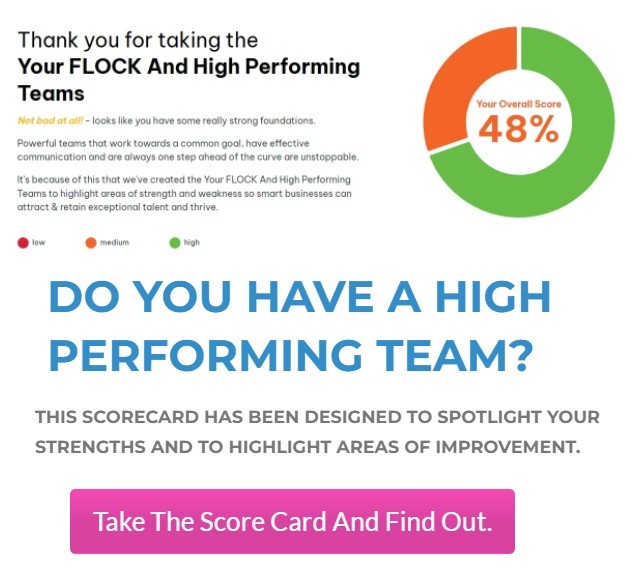How to keep your people for longer and happier – maybe keep remote working? Learning some top tips from #RemoteConnect
Learnings from Remote Connect. #RemoteConnect
Remote work can mean different things to different people. For some, remote work is short-term, and for others it’s long-term. Some employees are full time and some are part time. Regardless of the type of remote work you’re planning on having at your company. It is important that you and your employees have a shared idea of what “remote” means to each other.
And not just the definition of remote work. But something deeper than that too. So you can maintain trust. Which is what Charles Feltman talked about at the Remote Connect event.
#RemoteConnect

REMOTE WORK.
The term “remote” implies that someone is working from a geographic location. Other than their employer’s office. (i.e., not there – present with them – it’s that simple)
But, many companies have nonphysical offices. Meaning there might be no actual place for an employee to report to in person. We used to be the same here at Your FLOCK as we built our online team engagement platform with a remote team.
In those cases, being “remote” might mean being out of the office. Or simply not being present with coworkers or managers.
As we know remote work HAD to happen over the pandemic.
We were all forced to go furlough or work from home. Or both. Which is the difference between remote first and remote forced. Yet, as we come out of the times of covid. Many knowledge and information workers found that they preferred working remotely. These remote working employees enjoy the flexibility of working from home. In fact, they rarely need to go into the office.
I am one of them. At Your FLOCK we were remote first. As we started the company this way. Personally, like many people over the pandemic, I found remote working to be liberating. And much more efficient than going back to the office to work.
70.5% of fathers working remotely from home report having a positive mental state, while 79.4% say they manage to work effectively.
Source: McKinsey & Company
Being a father as well, myself, this really resonated with me.
And it’s true. I cannot speak for mothers however, and so lets move on.
The Remote Work Revolution.
Remote teams are hired by organisations with remote workers who are in different locations and time zones. They meet virtually via video conferencing. And collaborate on projects through messaging apps and shared documents.
It’s important to note that working remotely does not necessarily mean working from home. Even though it can be done at home for some people. Working from home refers to those who have their offices set up inside their homes.
Whereas remote workers can choose where they want to work each day. (Although it may be required that they do so in certain settings).
Benefits include:
– saving money for both employee and employer
– the employee not having to commute daily and waste time
– being more emotionally prepared for the day
– not having to deal with colleagues all day long – which some people find distracting. Especially when trying to concentrate on their tasks at hand!
It was interesting whilst working from home – remote calling into the conference. That travel was mentioned by the panel hosted by Nat. As Kalifa Oliver rightly pointed out at #RemoteConnect

“Going remote allows those people that can’t go remote to get into their offices and places of work quicker. It’s us. Those that can go remote but don’t. That clog up the roads for others”
But going remote is not always as perfect as it seems.
Disadvantages include:
– feeling isolated and lonely due to a lack of social interaction.
– not feeling like belonging with the company
– not getting opportunities for face-to-face interaction between coworkers. Outside of meetings via video conference calls.

This last point was echoed by Bruce Daisley at #RemoteConnect. That has a great take on this. That:
“70% of real learning on the job is from observing what other people do. It’s seeing how “elders” handled things and getting that instant feedback. To help your career.”
This is something that was also said. Especially in relation to the legal services and law firms. In our Future of work legal special.

Going as far as to say. That many people in the legal sector wanted to get back into the office. For this very reason.
Thanks Ikram Malik for your thoughts on this last week.
Yet research has shown that for many organisations with remote workers. Those remote workers are more productive. Than those with on-site workers.
Remote workers have been found to be happier, more satisfied with their jobs. And less likely to leave than their on-site counterparts.
Remote workers are happier, more productive and stay in your company for longer.
There has been a great deal of research into remote working, and the evidence is clear:
“Remote workers are happier, more productive and stay on longer.”
These findings hold up across industries. Proven the research done by Michal C Bush.
Even though a remote employee generally works outside the office. Companies can still take steps to ensure that all their workers feel like part of a team. We talk about some of the options in this blog :
“10+ Top tips on how you can increase your employee retention from a team level.”
But as we learnt from Priya Parker at the great Remote Connect event. You can do extra things to help remote workers bond together.
Of course, you can use team engagement technologies like Your FLOCK to help you. As we gain values based feedback for team leaders to make the changes they need.
In addition, you can do daily video calls for immediate communication about work tasks.
You can use video conferencing to schedule regular one-on-one check-ins. And do companywide TOWN HALL team meetings every month. Where members can speak face-to-face without travelling.
Managers can also help remote employees thrive by offering them regular feedback. Not just on their performance but also on promotion opportunities when possible.
You can do virtual happy hours and other social team building activities. To help remote employees get to know each other better.
And improve communication among colleagues in different locations. And you can use Your FLOCK to help find out more about them and their values and what their motivations are.
Gathering together. Online.
You can also learn how to gather together with some amazing top tips from Priya. My favourite is to start zoom calls with questions. And for everyone to put their answers into the chat box. At the start of the zoom.
The questions are simple. And this really works. If the group is big enough and working remotely.
Those key 3 questions are:
– Who are you / your name / your pronouns?
– Where are you calling in from (both country and place?)
– What sound can you hear outside where you are?
That last question is a lovely way of having a shared experience and understanding of “place.” As in the end your employees could be working from anywhere.
Work from home from anywhere
Remote workers are happier, more satisfied with their jobs, and less likely to leave than their on-site counterparts. That’s great news for companies!
However, remote work isn’t for every company or for every job role. Before you decide to give it a try, make sure that it’s right for your business by asking yourself:
- Can my team collaborate well remotely?
- Are my employees comfortable with collaboration tools like Zoom or Slack?
- Is our team culture collaborative and open?
- Do I feel comfortable having employees working from home full-time or part-time?
- Are the majority of my processes already documented. So that they can be followed without face-to-face contact with teammates?
Do you have a highly performing team already? Take our scorecard here to find out.
Whether or not you decide remote work is for your team or not. It is perhaps worth asking them as well. As… a recent piece of well documented research found that…
“76% of employees want flexibility with where they work, while a huge 93% want flexibility around when they work.”
Future Forum Pulse, Oct 2021
Perhaps Micheal C Bush was right when he concluded at the Remote Connect event that.
“Technology has arrived just in time to give the answers the world needs.”
We, at Your FLOCK, being a team engagement platform based on values and online. As a part of that technology for law firms and legal companies – would HAVE to agree with him.And we are all learning as we go. As Colm O’Cuinneain from Greenhouse said in his panel too.
“It took 200 years to get people working in offices. Let’s not forget that this remote working for many has only been happening for 2.”
And when you put it like that. No wonder all team leaders and managers need help to adjust. Help we are happy to give them with our software as a service for team engagement at Your FLOCK.

Remember this isn’t just fluffy HR / company culture stuff.
Having engaged and happier staff at every level Companies with Highly Engaged Workforce Are 21% More Profitable.
Whilst the difference between having a good Company Culture v.s. a bad one. Increases Revenue by 4X.
Want learn how or how Your FLOCK can help you do it.
Then let’s have a chat. Drop me an email to [email protected] and I can introduce you to my co founder who will show you what Your FLOCK does for companies like yours.





